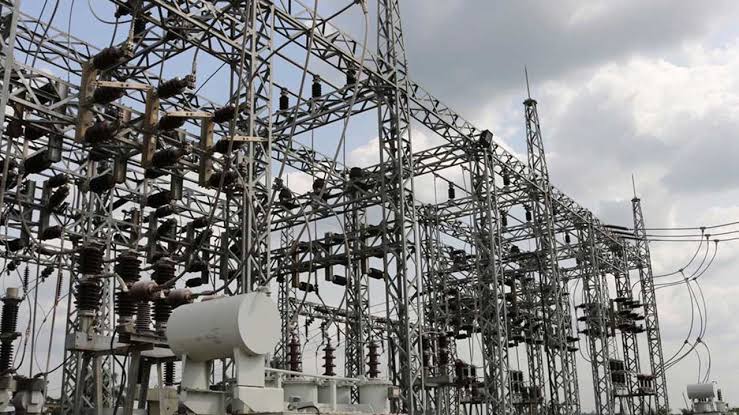Battered by constant power outages and repeated national grid collapses, more private companies and institutions in Nigeria are now turning to self-generated electricity.
The Nigerian Electricity Regulatory Commission (NERC) has approved electricity generation licences for six companies and one private university—Nile University of Nigeria, Abuja—to produce and distribute a combined 30 megawatts (MW) of electricity under different arrange
In its latest report, NERC said it issued:
- One off-grid licence to Daybreak Power Solutions Ltd (2.63 MW)
- Four captive power permits to:
- Ro-Marong Nigeria Ltd, Lagos – 4.4 MW
- Quantum Paper Ltd, Ogun – 7 MW
- Psaltry International Ltd, Oyo – 1.1 MW
- Nile University, Abuja – 10 MW
Captive power generation permits allow companies to produce electricity for their own use only, not for public sale.
NERC also approved 24 mini-grid permits (total 5.5 MW) for Prado Ltd across Benue, Nasarawa, Niger, Ondo, and Kano.
In addition, Cross Boundary Energy received five permits to distribute power in Kogi State.
The regulator says this aligns with the Electricity Act 2023, which promotes renewable energy and mini-grid development to serve specific communities.
“We continue to issue permits for renewable energy mini-grids above 100kW and registration certificates for smaller systems,” NERC noted.
The move comes amid Nigeria’s persistent electricity challenges. According to NERC data:
- As of September 2024, over 250 organisations, including the Dangote refinery, now generate their own power.
- These firms collectively produce about 6,500 MW, more than the entire national grid, which hovers around 5,500 MW.
Power Minister Adebayo Adelabu blamed this shift on poor trust in the grid.
“Most big users like industries are off the grid due to poor supply. Now, they run on expensive captive power,” he said.
Generating captive power costs:
- ₦350–₦400/kWh (gas-powered)
- ₦950–₦1,000/kWh (diesel-powered)
NERC also blamed unstable power quality—voltage dips, spikes, flickers, and brownouts—for damaging industrial equipment and driving companies to abandon the grid.
“Unstable voltage at the distribution level has caused severe damage to machines. It’s why many firms are opting for private generation,” the regulator said.
